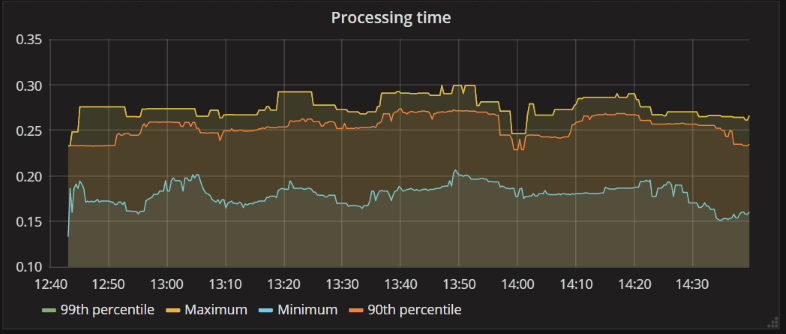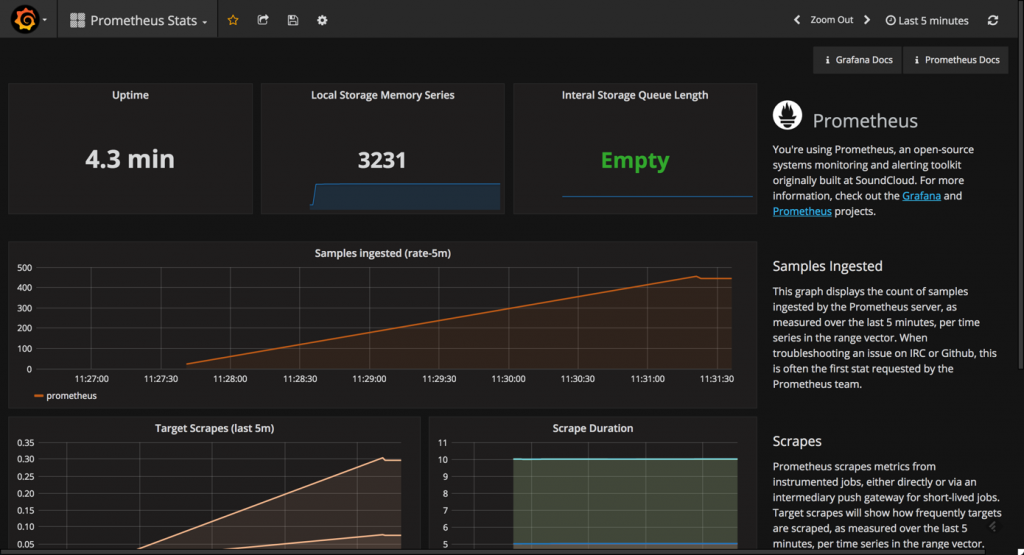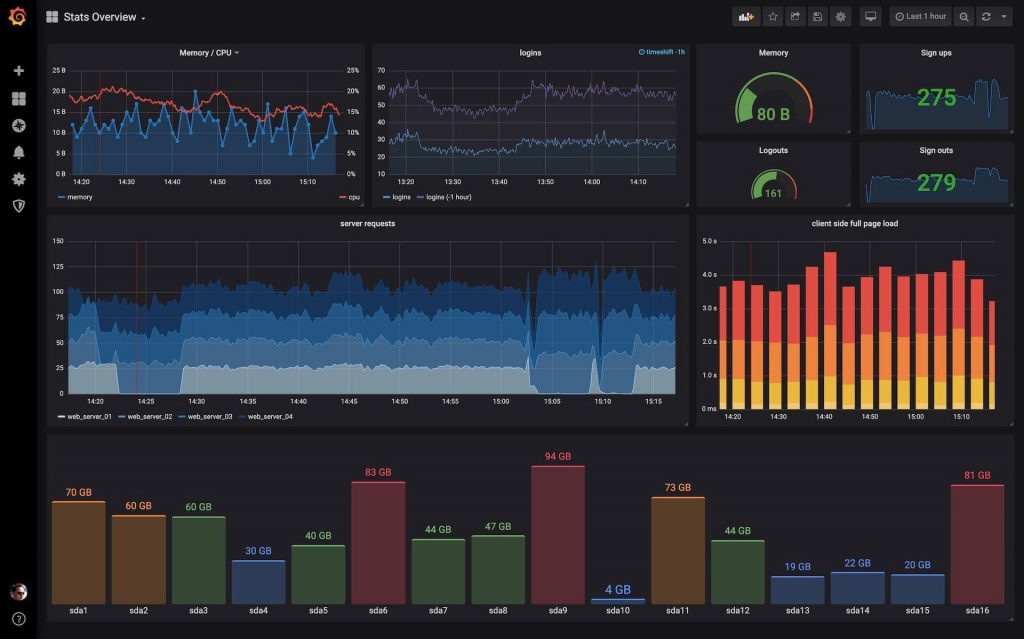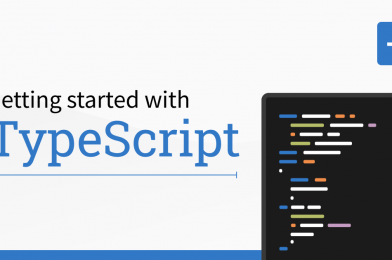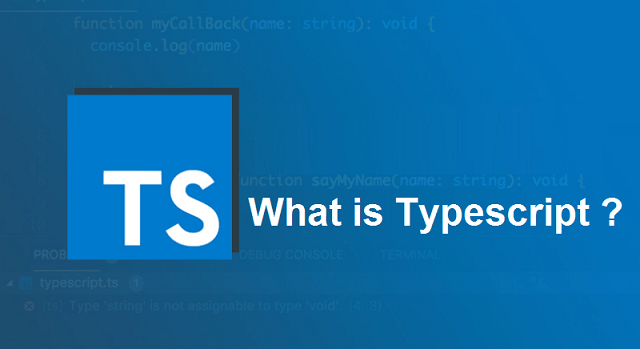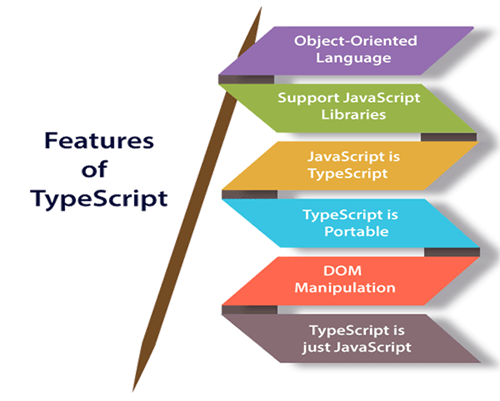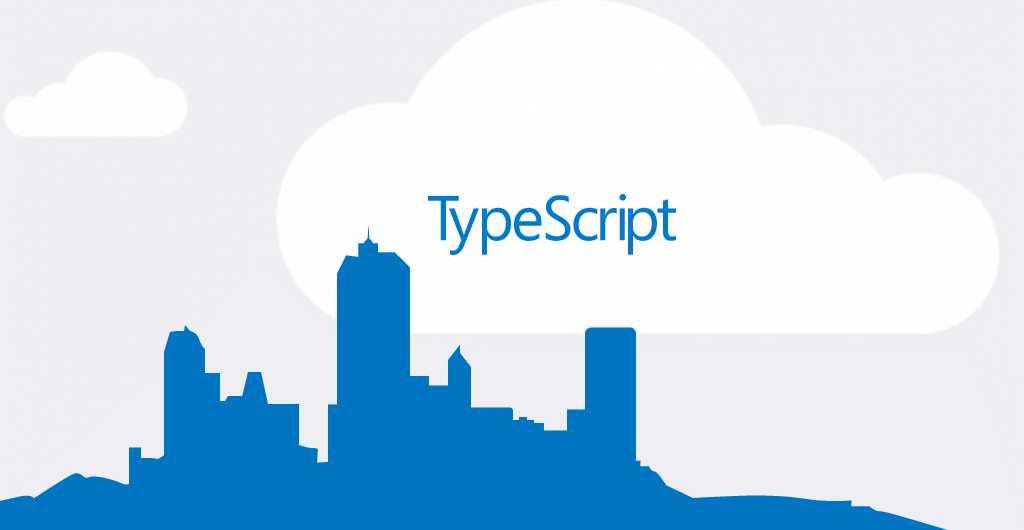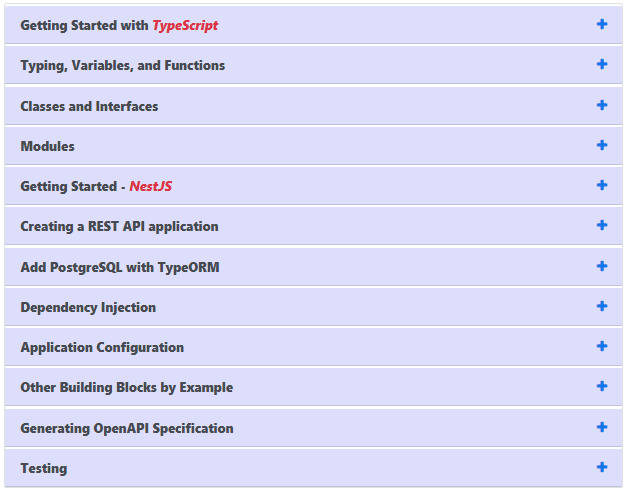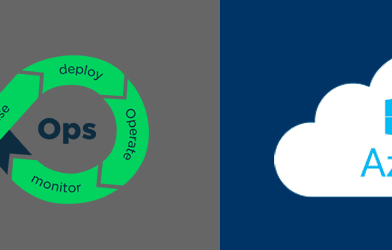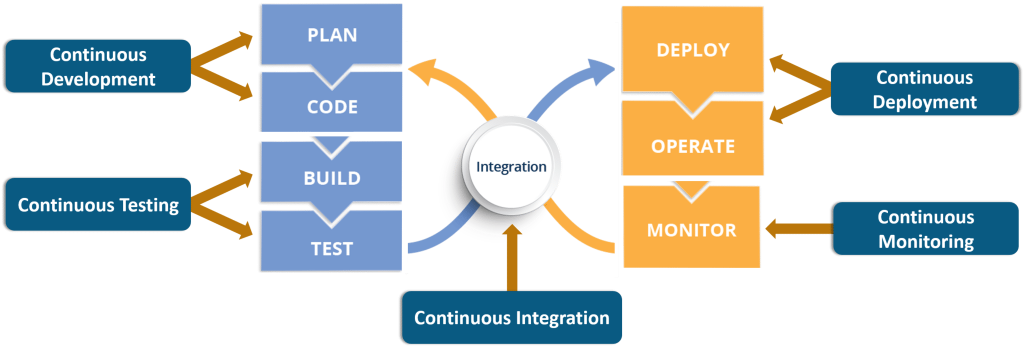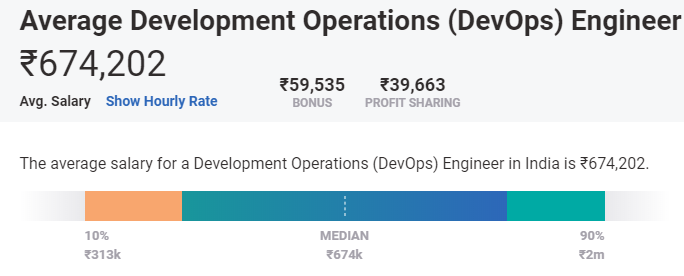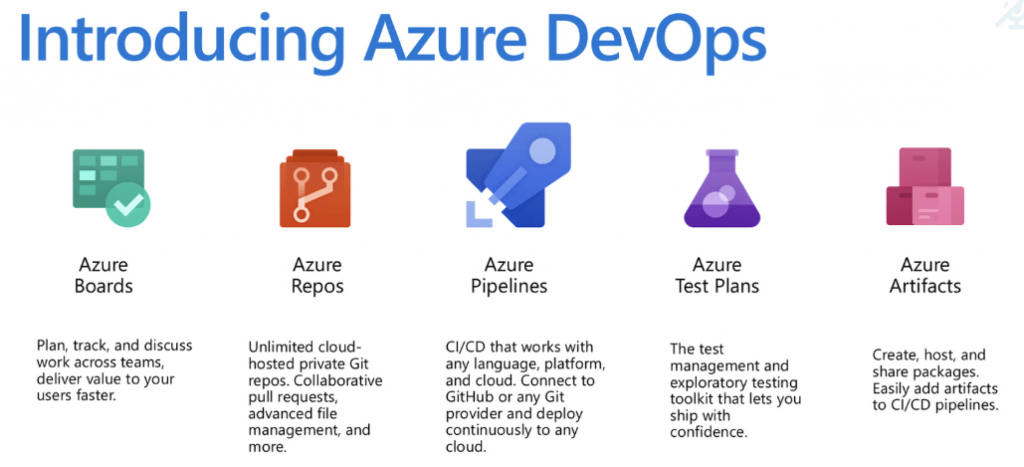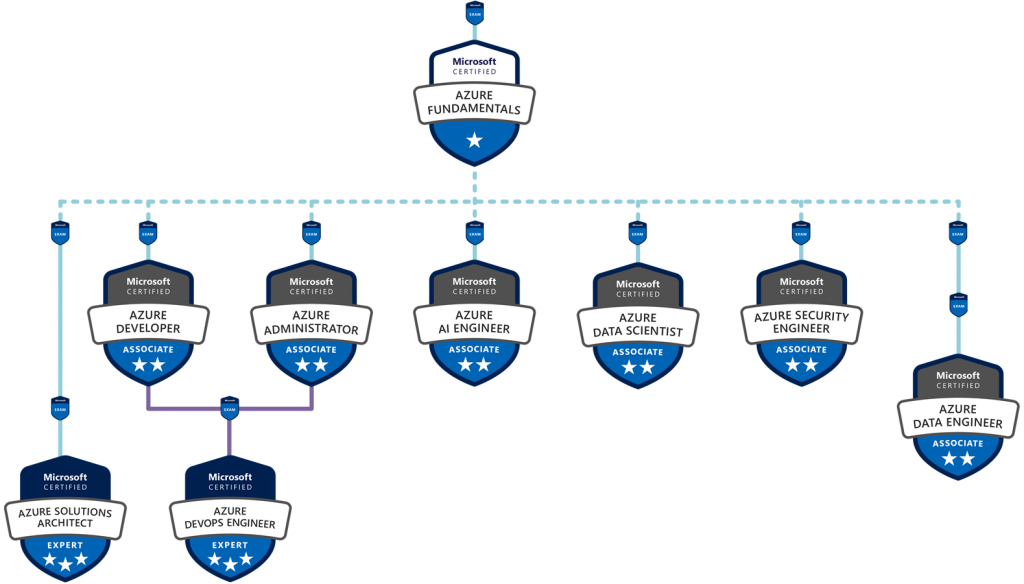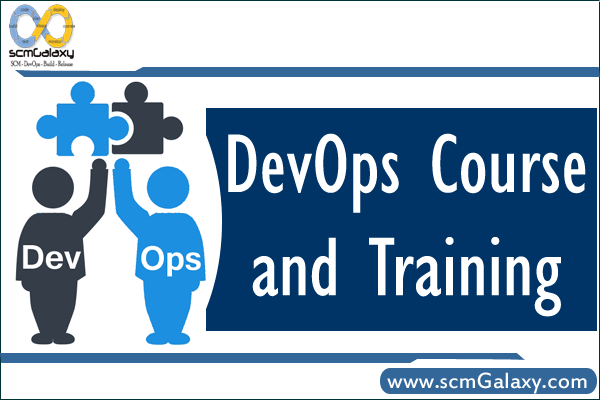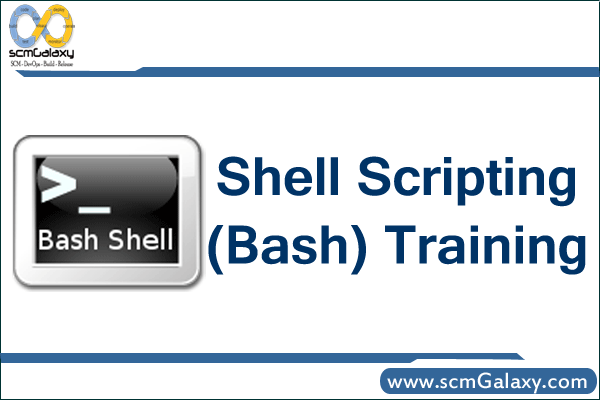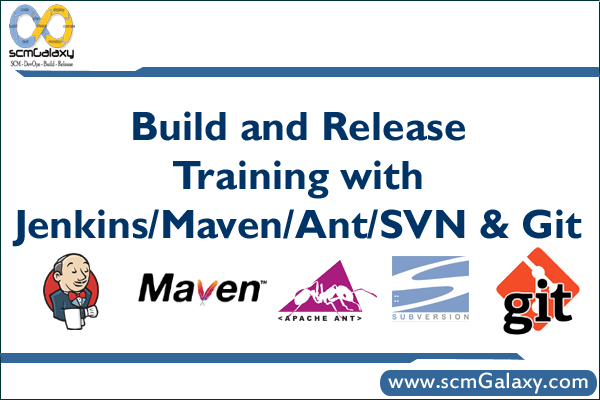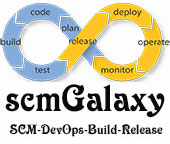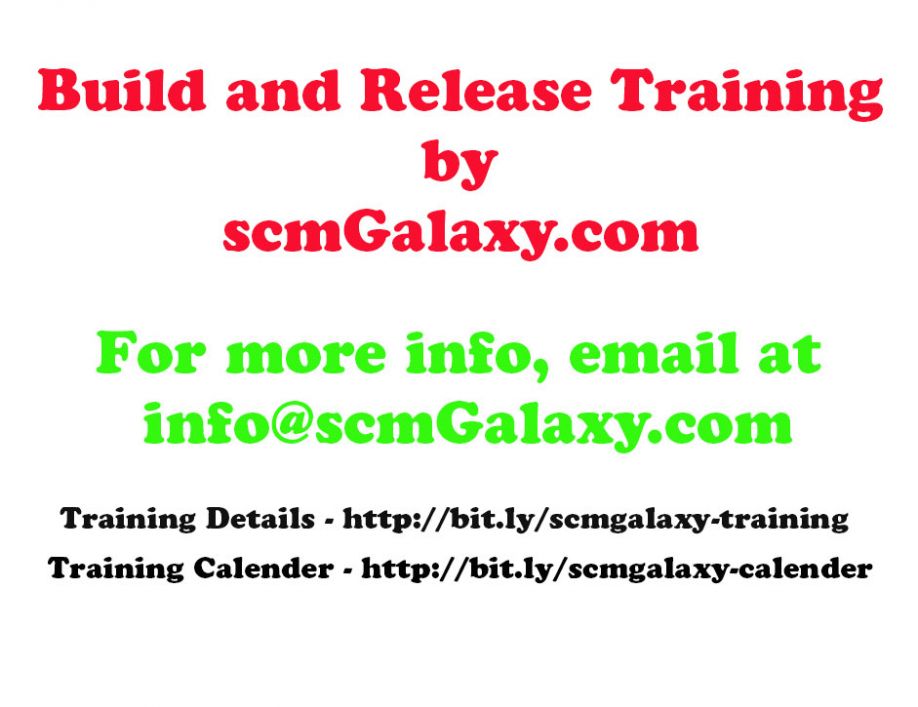The world is turning into smarter day by day with the quick development of Automation, computing, Blockchain, etc. And at the middle of it, somewhere, are programming languages. In fact, Labour Statistics have expected a 21% growth for programming jobs within the returning decade, which is quite 4x the common for all occupations. however attempting to start out out with programming is a frightening escapade, particularly for professionals with no previous expertise. thus if you’re one who cannot decide wherever to start, don’t worry as a result of we’ve got you coated. the following article aims to grant you a fast examine the highest Programming Languages within the world & their courses and certifications?
Java
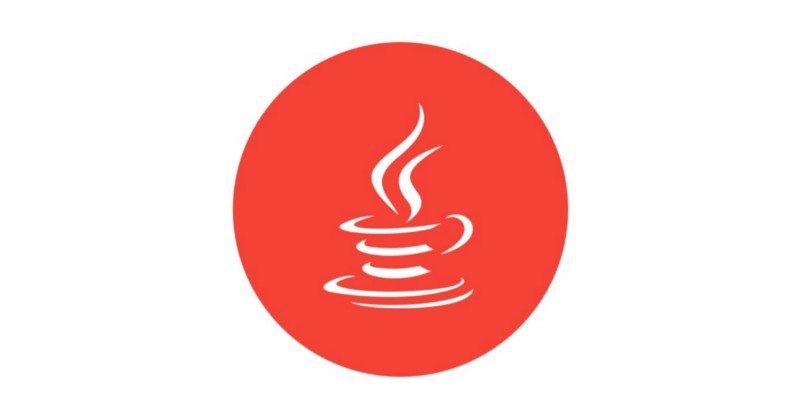
Owned by the Oracle Corporation, Java is one of the oldest, most typical, in-demand programming languages in use these days. Well, think about a number of your favorite internet apps and games. It’s extremely probably that Java plays an enormous role within the code that creates their work. Another necessary factor that has kept Java’s magic intact among internet development corporations is its independence from platforms. This helps developers to basically “write once, work anywhere”(WORA). Java is everyplace and also the demand for sturdy developers is virtually high.
How does it work?
In Java, programs don’t seem to be compiled into practicable files; they’re compiled into bytecode (as mentioned earlier), that the JVM (Java Virtual Machine) then executes at runtime. Java source code is compiled into bytecode after we use the javac compiler. The bytecode gets saved on the disk with the file extension.
Reasons for Demand:
- With its presence in almost 3 billion devices, Java’s new frameworks such as Spring, Struts, and Hibernate have also become very popular.
- It is favored by enterprises, with roughly 90 percent of Fortune 500 companies use Java for building applications and back-end systems.
- Java is highly recognized for its scalability and portability across multiple platforms from mainframe data centers to smartphones.
- With millions of users across the globe, the popular users of Java include Barclays, HCL, Capital One, etc.
- Forms the base for and is used in a multitude of domains including mobile application, web development, system programming, and big data.
- Its powerful features include strong memory management, high performance, backward compatible and top-notch security.
Golang

Developed by the technical school big Google itself, Go is one of the newest players within the programming platform. it’s an open-source language that produces it simple to form easy, secure, and productive computer code. It combines the most effective aspects of useful and object-oriented programming, also as options a valuable set of intrinsical development tools.
How does it work?
Go was originally designed for programs associated with networking and infrastructure. it absolutely was meant to switch widespread high-performance server-side languages like Java and C++. Today, Go is used for a spread of applications like cloud and server-side applications, DevOps, command-line tools, and far additional.
Reasons for Demand:
- Popular projects like Kubernetes, Docker, Hugo, Hyperledger Blockchain, and Ethereum are developed using Golang.
- The language is straightforward to grasp even for the new programmers while being extremely powerful at the same time.
- Supports multithreading at large and is hence used by a lot of companies that rely heavily on distributed systems.
- Go has been optimized by Google to be incredibly efficient with memory and has blazing fast speed.
- It provides high performance like C/C++ and has efficient concurrency handling like Java.
- It is widely used in startups and some of the companies that use the language are Walmart, Springboard, Siemens, Dell.
TypeScript

TypeScript might be a superset of the JavaScript language that has a single open-source compiler and is developed within the main by one trafficker (Microsoft.) The goal of the matter is to help catch mistakes early through a sorting system and to make JavaScript development further economical.
How does it work?
TypeScript works by adding increased syntax to JavaScript so transforming it to JavaScript when the typescript compiler will its own checks. It does not modification JavaScript’s kind of system. Instead, it adds a lot of checks to it.
Reasons for Demand:
- TypeScript simplifies JavaScript code, making it easier to read and debug.
- TypeScript gives us all the benefits of ES6 (ECMAScript 6), plus more productivity.
- TypeScript can help us to avoid painful bugs that developers commonly run into when writing JavaScript by type checking the code.
- TypeScript is a modern programming language loved by engineers for making web development a lot easier.
- You can use TypeScript everywhere instead of JavaScript, as it compiles to regular JS code. That’s another reason for its demand.
Scala

Scala could be a programming language used for practical programming and powerful static systems. It’s object-oriented and runs on JVM. It’s the aptitude to interoperate with existing Java code and libraries. It’s powerfully thought of to be a static kind of language and doesn’t have an idea of primitive information.
How does it work?
The compiler in Scala works during a similar fashion because of the Java compiler. It gets the source code and generates Java byte-code which will be dead severally on any commonplace JVM (Java Virtual Machine). Scala could be a statically typed language. Scala will execute Java.
Reasons for Demand:
- Scala programming language variables are immutable and can be easily overloaded in Java. In addition to this, it also offers to adopt new languages like Python, Ruby, etc. to implement functional programming.
- Scala is a language that is inherently more expressive than Java. The developers who learn Scala after Java find it easier and interesting to write code in Scala. To get the beauty of this language in comparison with Java.
- A developer needs to be in demand always. The main reason or use of Scala is a better growth and job. Learning Scala will increase your demand and will make you even more marketable. Many companies like Twitter, LinkedIn, Foursquare, etc are using Scala.
- Scala can be said as a language that is growing fast and lots of programmers going to join the Scala bandwagon. Even developers who know Java are now moving to learn Scala. There are many new libraries and frameworks that are being built on application of Scala.
- A Java programming finds it difficult to learn any functional language. uses of Scala is easy due to its object-oriented functionality. Scala has clean syntax, nice libraries, good online documentation, and lots of people in the industry using it.
JavaScript
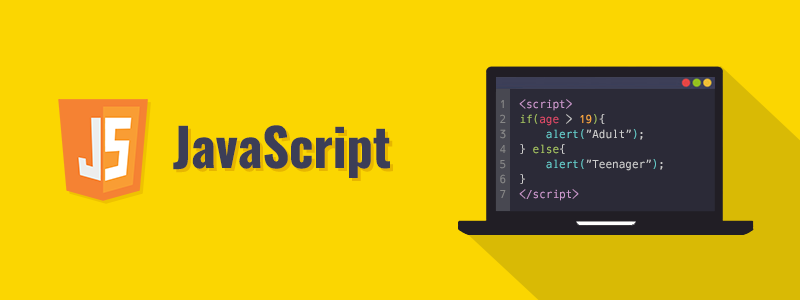
Along with HTML and CSS, Javascript is that the programming language that engineered the internet. So, it’s a fairly huge deal. Universally referred to as the language of internet developers, javascript could be a feature-rich object-based scripting language that includes asynchronous event handling and crisp syntax, it’s found widespread use within the field of internet development. What started off as an easy client-side scripting language, is currently a highlight inside the net development community that includes multiple frameworks for each backend and frontend development.
How does it work?
JavaScript is what’s known as a Client-side Scripting Language. within a standard website, you place some JavaScript code See however sites Work for details on sites. once the browser loads the page, the browser features a constitutional interpreter that reads the JavaScript code it finds on the page and runs it.
Reasons for Demand:
- In extension to absolute JavaScript, various popular libraries and frameworks make JavaScript development easier.
- Most accessible supporting technologies related to JavaScript are JSON, jQuery, Angular, React (JS Library), etc.
- Fundamentally a front-end language, it can also be practiced on the server-side throughout Node.js to create scalable network applications.
- Majority of tech giants like Google, Facebook, SAP, Dell, Accenture, etc rely on Javascript to design interactive web pages and dynamically display content to users.
PHP

How does it work?
The PHP software system works with the webserver, which is that the software system that delivers sites to the planet. after you A URL into your net browser’s address bar, you are causation a message to the webserver at that URL, asking it to send you an HTML file. Your browser reads the HTML file and displays the online page.
Reasons for Demand:
- PHP is used by 79.0% of all the websites whose server-side programming languages are known.
- PHP is simple, fast and platform-independent.
- It is 631k repositories on GitHub and has a community of 5.9M to back it up.
- Companies that have publicly declared usage of PHP include Facebook, Yahoo, Wikipedia.
AngularJs
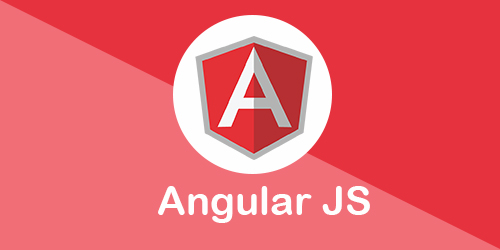
AngularJS could be a client-side JavaScript MVC framework to develop a dynamic internet application. It extends the flexibility of HTML by adding intrinsical attributes and parts and additionally provides a capability to form custom attributes victimization easy JavaScript.
How does it work?
AngularJS could also be a structural framework for dynamic net apps. It permits you to use hypertext markup language as your model language and permits you to extends HTML syntax to specify your application’s elements clearly and compactly. AngularJS’s information binding and dependency injection eliminate a lot of the code you’d otherwise need to write.
Reasons for Demand:
- Modularity is one of the prime reasons why AngularJS is popular among web developers.
- AngularJS recognizes the need to create an additional module so that it can be combined with other developed application modules.
- It allows and enables web developers to create multiple modules for a single web application.
- AngularJS is one of the skills unique to this job, along with React. js, Code. js, Javascript, and CSS.
- Today, AngularJS is a leading framework for building dynamic, single-page web applications (known as SPAs), including ones like PayPal and Netflix.
NodeJs

How does it work?
Node. js is the JavaScript runtime environment which is based on Google’s V8 Engine with the help of Node, Js we can run the JavaScript outside of the browser, js is that it is single-threaded, based on event-driven architecture, and non-blocking based on the I/O model.
Reasons for Demand:
- A Single Language for All Layers. Another key benefit of Node.
- It can be Hosted Anywhere.
- It’s lightning Fast. Node.
- It is JavaScript Everywhere. One of the biggest reasons why Node.
- It is Lightweight. Typically, Node.
- High Performance.
- It is Easy to Modify and Maintain.
Conclusion
In this article, we have listed the top most popular programming languages to learn. Now, it’s your choice where you want to land your career or choose the right programming language for you, If you wanna learn then i would suggest you check out DevOpsSchool it is a great platform for learning. Get an insight to all the details we mentioned, and choose accordingly. So, make sure you should hold a good command on a specific language you choose for programming.You’ll even also join our Online and Classroom Programs.
And that concludes my list of the Top Programming Languages. Hope this article proved useful to you.
Thank you!
















